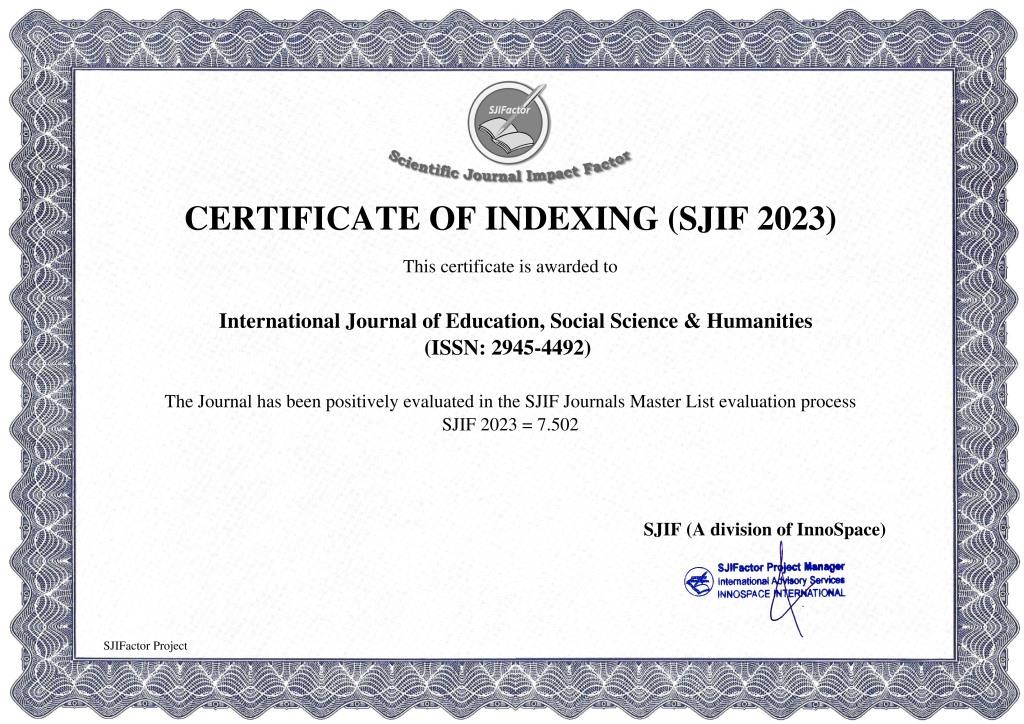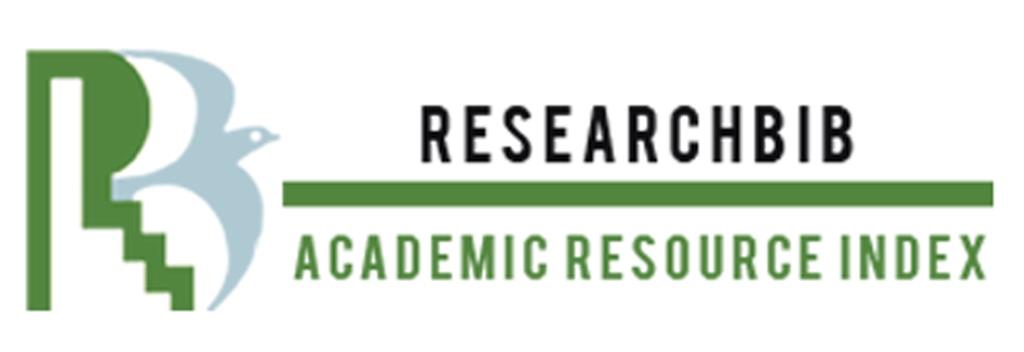DIFFICULTIES AND SOLUTIONS OF TEACHING ADULT STUDENTS IN HIGHER EDUCATION
Keywords:
adult students, difficulties, solutions, motivation, prior knowledge, theoritical, learning styles, technology.Abstract
Teaching adults can be a challenging task for educators. Unlike teaching children, adult learners come with their own set of experiences, beliefs, and attitudes that can impact their learning process. Adult students are those who have already attained the age of 18 years or above and have decided to pursue higher education. They have different needs, motivations, and expectations than traditional students, and therefore, they require a different approach to teaching. This article explores the difficulties of teaching adult students and provides evidence-based solutions to overcome these challenges.
References
Brookfield, S. (2015). The skillful teacher: On technique, trust, and responsiveness in the classroom. John Wiley & Sons.
Caffarella, R. S., & Barnett, B. G. (2000). Teaching adult learners. John Wiley & Sons.
Dweck, C. S. (2006). Mindset: The new psychology of success. Random House.
Knowles, M. S., Holton III, E. F., & Swanson, R. A. (2014). The adult learner: The definitive classic in adult education and human resource development. Routledge.
Merriam, S. B., & Caffarella, R. S. (1999). Learning in adulthood: A comprehensive guide. Jossey-Bass.
Moore, M. G., & Kearsley, G. (2012). Distance education: A systems view of online learning. Cengage Learning.
Nelson, D. L., & Low, G. R. (2011). Positive psychology and coaching for lifelong and lifewide learning. In Handbook of lifelong learning (pp. 51-68). Springer.
Pintrich, P. R., & Schunk, D. H. (2002). Motivation in education: Theory, research, and applications. Prentice Hall.














